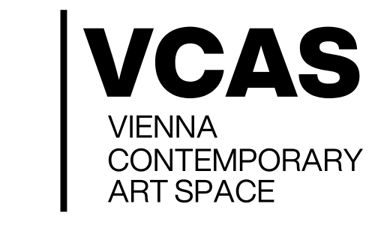Group Exhibition
Vernissage: June 27th, 6-10pm
Performances throughout the evening
Artist talk with the Albanian artists: June 28th, 1pm
Opening Days: June 28th - July 3rd, 2025
Times: Sat. from 1-6pm, Mon.-Thurs. from 1-7pm
Location: WEST / Alte WU, Bibliothek
Augasse 2-6, 1090 Vienna
Point of View - Standpoint
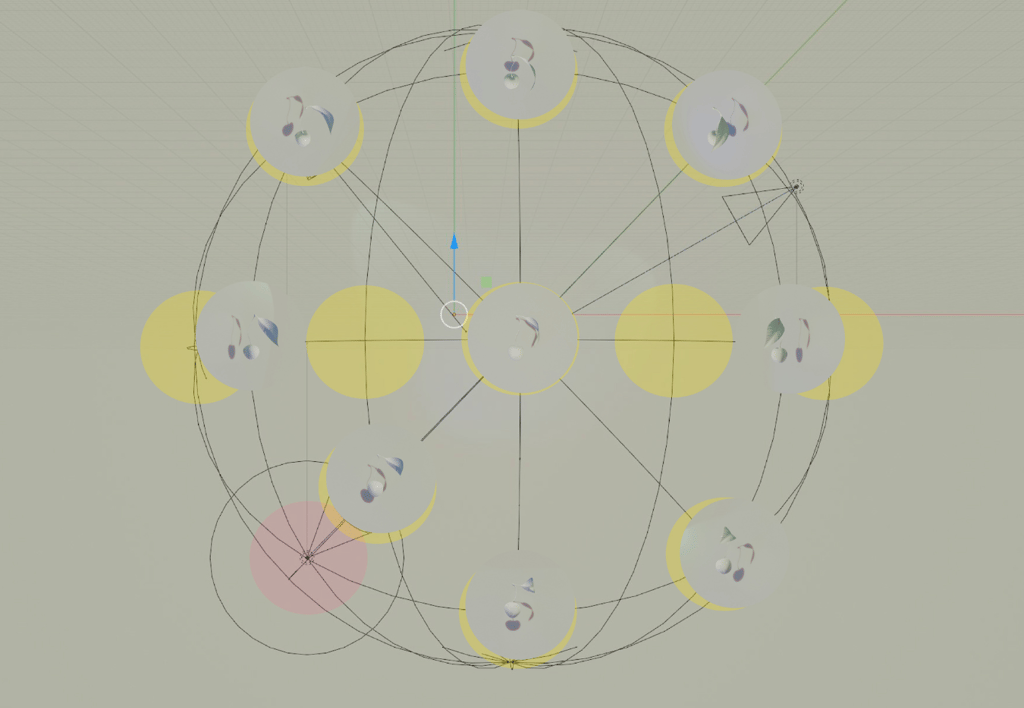

Annika Eschmann, Process picture of Sharing a rotating cherry, 2024
Participating Artists:
Annika Eschmann
Dea Shubleka
Els van Houtert
Inda Sela
Kristanja Çene
Oliver Mesching
Vera Djemelinskaja & Eni Cani
Curators:
Oliver Cloke & Ziegi Boss
Exhibition Team:
Maybritt Peters
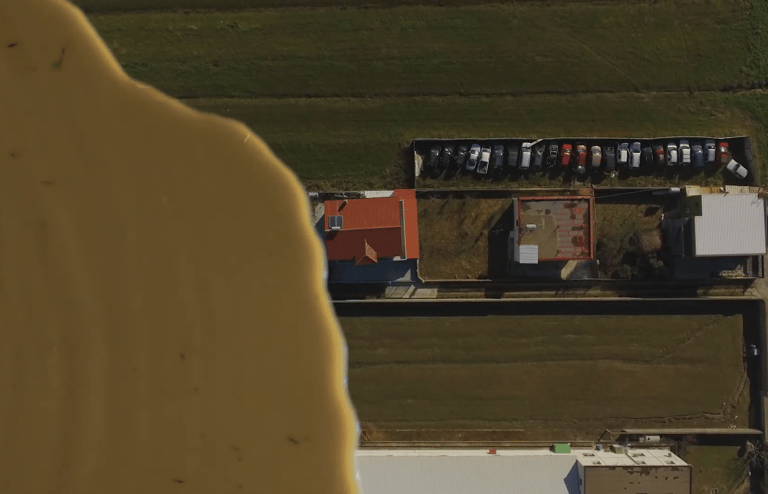

Inda Sela, The Quiet Side of Emergency, video, 2022
In cooperation with:
Satellite Zone (Albania)
"The world is not what I think, but what I live."
– Maurice Merleau-Ponty, Phenomenology of Perception
Maurice Merleau-Ponty suggests that our engagement with the world through our bodies and senses forms the foundation of our comprehension, preceding and shaping our cognitive processes. This perspective emphasises the active role of our lived experience in constituting the world as we know it, highlighting the inherent connection between the perceiver and the perceived.
By aiming to explore individual perspectives shaped by the body, senses, and consciousness, the viewer will seek to tap into the fundamental ways in which we engage with and derive meaning from our surroundings.
Art offers a powerful medium for exploring and highlighting the subjective nature of experience and perception. The aesthetic experience itself is inherently subjective, with each viewer engaging with an artwork in a unique way that reflects their individual experiences, knowledge, preferences, and emotions. An artwork can evoke a deeply personal and subjective response, allowing for a multitude of interpretations and meanings depending on the individual beholder.
In a world that often seems increasingly divided, the recognition of the subjective nature of all perspectives holds significant potential for fostering empathy and understanding. Understanding that different viewpoints are rooted in unique embodied experiences and a multitude of contextual factors can help bridge societal divides by encouraging us to look beyond surface-level disagreements. Acknowledging the validity of different perspectives, even when they conflict with our own, can be a crucial step towards cultivating empathy and reducing conflict.
The importance of understanding cultural context cannot be overstated in this endeavour. Cultural norms, values, and historical backgrounds profoundly influence how individuals perceive and interpret the world. Recognising these cultural influences is essential for effective intercultural communication and for interpreting behaviours and experiences accurately. Without this awareness, misunderstandings and miscommunications can easily arise, potentially exacerbating existing divisions.
Encouraging viewers to reflect on the subjective nature of perception and the diverse range of factors that shape individual perspectives, the project can contribute to a greater understanding of why different people see the world in different ways. This can foster a sense of humility about the inherent limitations of our own viewpoints and an openness to the validity of others' experiences. Ultimately, such an approach can pave the way for more meaningful dialogue, increased empathy, and a more nuanced understanding of the complexities underlying societal divisions.
By creating artworks that encourage reflection on the subjective nature of perspective and the multitude of factors that shape our individual viewpoints, we contribute to a greater understanding and empathy in an increasingly diverse and interconnected world. Embracing the complexity of subjective experience, rather than seeking a singular, absolute truth, can foster a deeper appreciation for the richness of human perspectives and pave the way for more meaningful connections across different viewpoints.
Concept
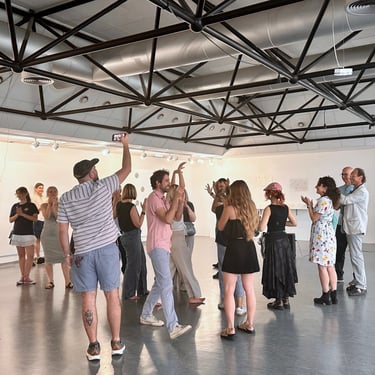
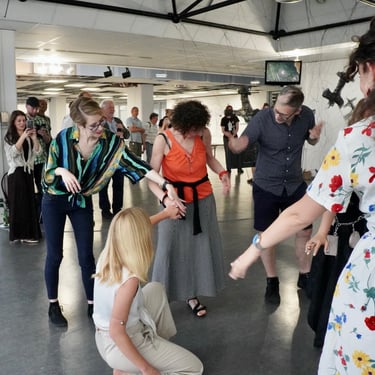
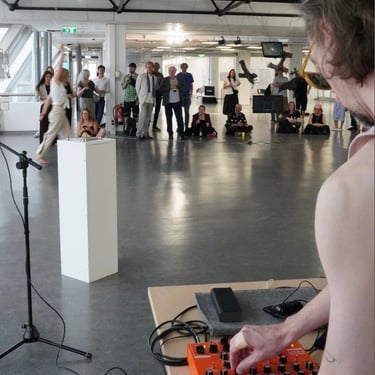
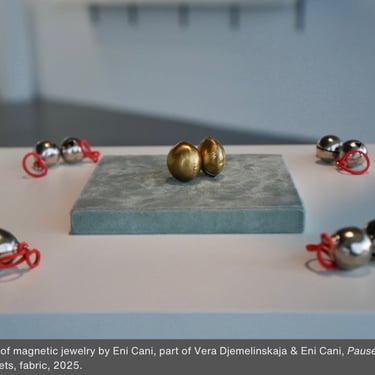
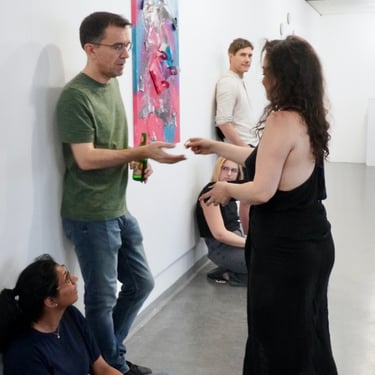
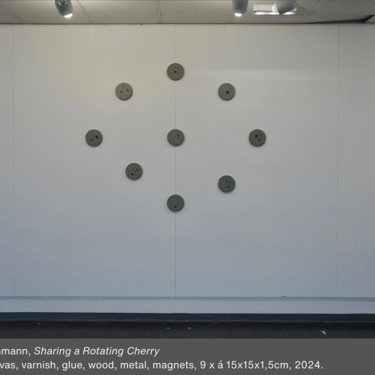
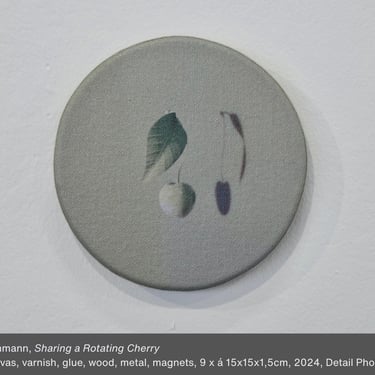
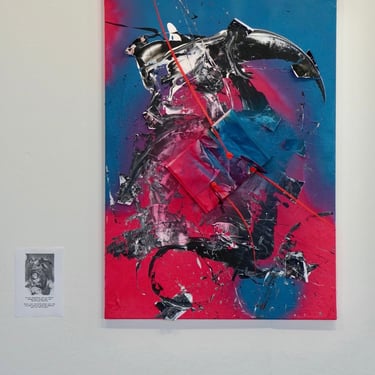
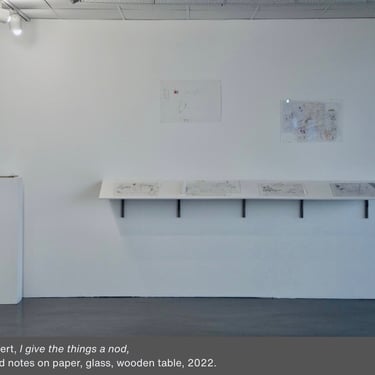
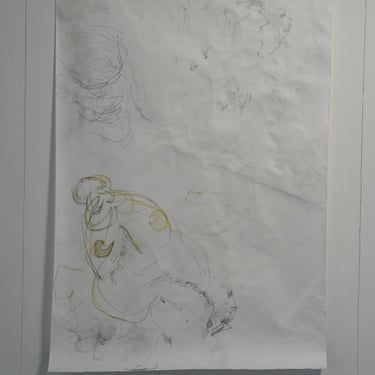
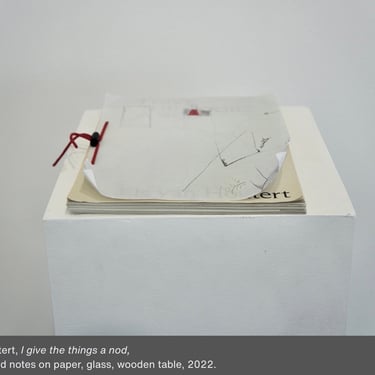
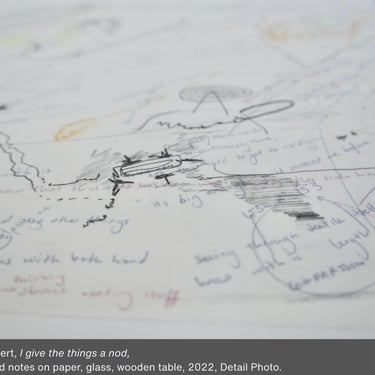
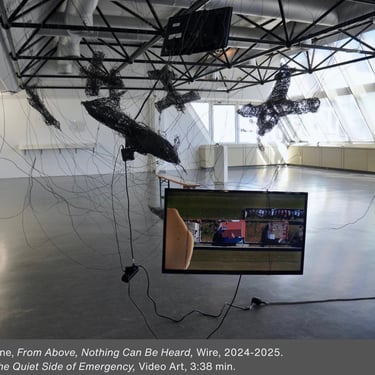
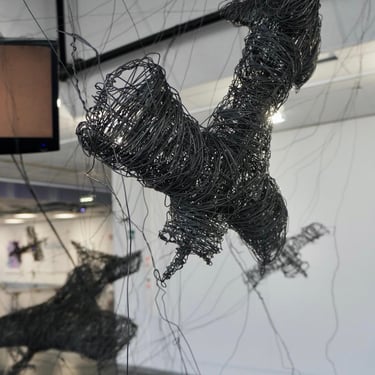
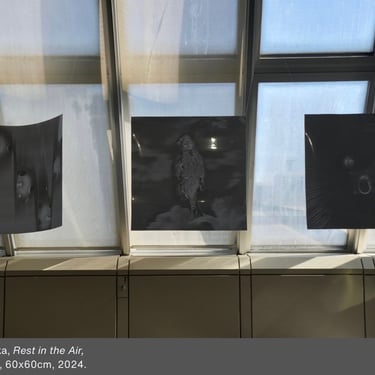
Special thanks to:
Bezirksvertretung Alsergrund for sponsoring the event
WEST for providing the exhibition space



